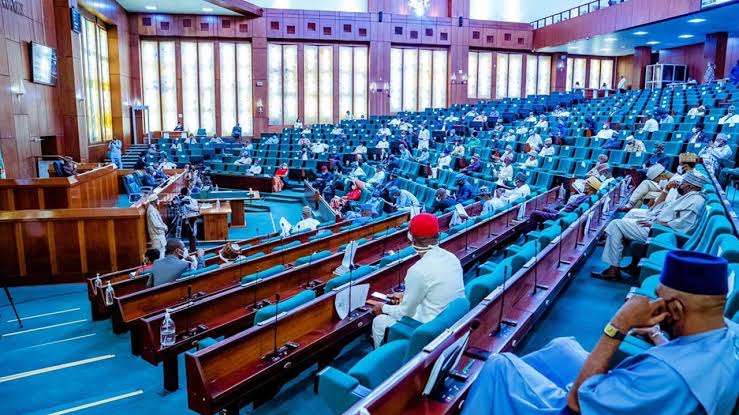The 10th House of Representatives said it has received 1,059 bills, conducted vigorous oversight and performed its representation functions excellently in the last two years.
Speaker Abbas Tajudeen and his deputy, Benjamin Kalu, said this in Abuja on Monday at the inaugural Policy Dialogue on the Legislative Agenda of the 10th House of Representatives, organised by the Policy and Legal Advocacy Centre (PLAC), UK Aid, and National Assembly Library Trust Fund (NALTF).
Abbas said in the last two years, the House had been extraordinarily proactive and productive in legislative output, having introduced a record number of bills and a volume of legislative proposals unprecedented at this stage of any Assembly.
He said these bills and motions are geared towards the critical reforms the country urgently needs. He added that many of the significant bills the House passed had already received presidential approval.
“To highlight a few achievements, the laws we have enacted span various sectors. These include legislation to modernise and strengthen the power sector, establish a long-awaited federal audit framework for greater financial accountability in government, and create agencies critical to effective governance. We have also passed legislation to bolster security by improving the control of small arms and light weapons.
“Additionally, we have enacted laws to advance social welfare, including those promoting public health and addressing gender-based violence. Furthermore, we have passed legislation establishing regional development commissions to devolve more power into geopolitical zones.
Importantly, we did not shy away from tackling challenging, long-standing issues. We reformed our economy, modernised our tax laws, recognised crypto assets, and broadened securities definitions. We have enacted critical legislation such as the Anti-Doping Law, the Student Loan Law, and the Data Protection Law to drive change, secure our communities, and protect the welfare of our people.
We will continue to act with courage and determination.
Beyond lawmaking, we have vigorously exercised our constitutional role to conduct oversight. We recognise that passing laws is not enough; we must also ensure they are implemented faithfully and that government actions are subject to scrutiny. In the past two years, the House has engaged in robust oversight of the Executive branch, holding ministries, departments, and agencies accountable to foster accountability and transparency in governance.
When it comes to representation, we have endeavoured to make this House a citizen-driven legislature in practice, not just in words. In every significant endeavour, we have actively sought the people‘s voice. The 10th House has convened numerous forums to hear from the public on issues that matter most to them. We organised a National Dialogue on State Policing and Security, held town halls on electoral reforms, and conducted public hearings on key bills and national issues.
We hosted two Youth Summits to engage the younger generation in legislative discourse and even initiated an interactive session with media influencers to broaden citizen engagement. Similar engagements were held with women’s groups and people living with disabilities.
Furthermore, through our “Open Parliament” initiative last year, we opened the legislative process by inviting Nigerians from all walks of life into this chamber to observe proceedings and offer feedback directly. The feedback and suggestions gathered from these engagements have been invaluable. They have helped shape our priorities by highlighting areas needing greater attention, such as oversight of government projects and closer constituency outreach,“ Abbas.
For his part, Deputy Speaker Kalu said under the leadership of the Speaker Abbas, the House had considered over 1,059 bills since its inauguration on June 13, 2023.
He said, „Under Speaker Abbas Tajudeen’s astute leadership, the House has considered over 1,059 bills since June 13, 2023, spanning every facet of national life: from foundational amendments to our Constitution to sector-specific reforms in education, health, security, and the economy.“
In his remarks, Clement Nwankwo, Executive Director of the Policy and Legal Advocacy Centre (PLAC), said the dialogue was “a veritable platform for the robust articulation, analysis, and appraisal of parliamentary activities towards a peaceful, prosperous, stable, and sustainable nation.”
He said the House’s eight-point Legislative Agenda remains a contract with the Nigerian people and a roadmap for complementing the executive‘s efforts to navigate the nation out of turbulent waters to the safe shores of national economic prosperity.
“The 10th House shone green flags as the beacon and the bastion of our democracy. It heralds a new era of purposeful alignment with global parliamentary best practices, benchmarked by the key indicators of strategic focus, measurable impact and parliamentary objectivity,” he said.











